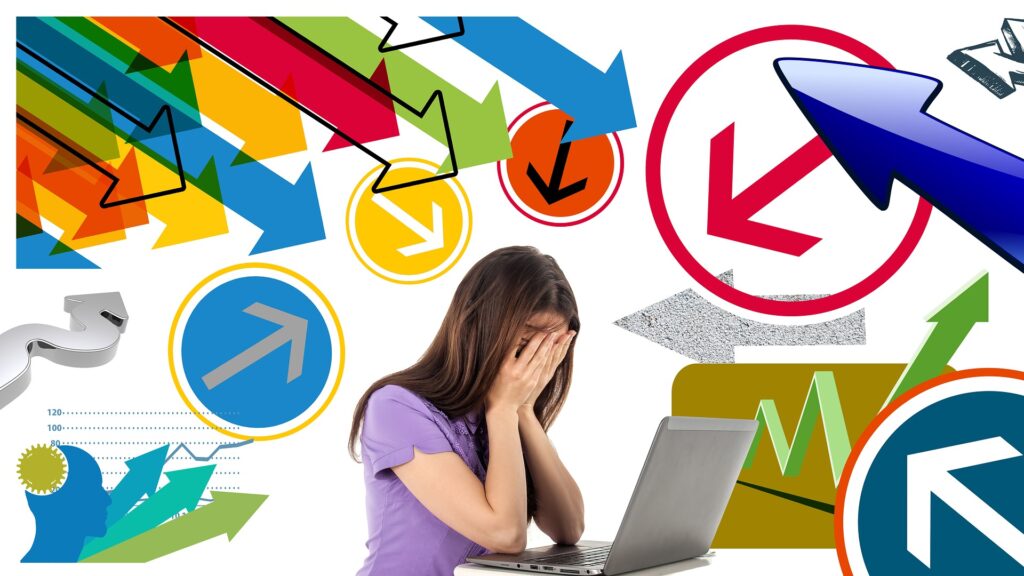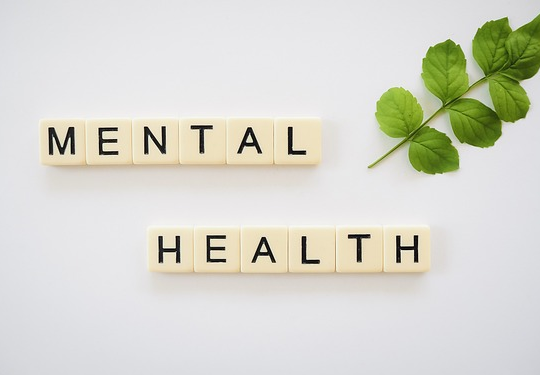
Introduction:
In today’s fast-paced world, stress has become a common part of daily life for many people. While some stress is normal and even beneficial in small doses, chronic or excessive stress can take a toll on both mental and physical health. Learning to manage stress effectively is essential for promoting overall well-being and resilience. In this section, we’ll explore the importance of stress management and offer practical strategies for coping with stress in healthy ways.
The Impact of Stress on Health:
- Mental Health: Chronic stress can contribute to the development or exacerbation of mental health conditions such as anxiety, depression, and mood disorders. Persistent stress can lead to feelings of overwhelm, irritability, and difficulty concentrating, affecting overall quality of life.
- Physical Health: Prolonged exposure to stress hormones such as cortisol and adrenaline can have a negative impact on physical health. Chronic stress is associated with an increased risk of cardiovascular disease, hypertension, immune dysfunction, digestive disorders, and other chronic health conditions.
- Behavior and Coping Mechanisms: Stress can influence behavior and coping mechanisms, leading to unhealthy habits such as overeating, poor sleep, substance abuse, and avoidance of self-care activities. These behaviors can further exacerbate stress and contribute to a cycle of negative coping.
- Relationships and Social Support: Stress can strain relationships and social connections, leading to conflicts, misunderstandings, and feelings of isolation. Strong social support networks can buffer the effects of stress and provide emotional comfort and practical assistance during challenging times.
Strategies for Managing Stress:
- Identify Stressors: Start by identifying sources of stress in your life, whether they’re related to work, relationships, finances, health, or other areas. Awareness of your stressors can help you develop targeted strategies for managing them more effectively.
- Practice Relaxation Techniques: Incorporate relaxation techniques into your daily routine to help calm the mind and body. Techniques such as deep breathing exercises, progressive muscle relaxation, meditation, and mindfulness can reduce stress levels and promote a sense of calm and well-being.
- Engage in Physical Activity: Regular exercise is a powerful stress reliever, as it helps release endorphins, neurotransmitters that promote feelings of happiness and relaxation. Aim for at least 30 minutes of moderate-intensity exercise most days of the week, whether it’s walking, jogging, yoga, or dancing.
- Prioritize Self-Care: Make self-care a priority by engaging in activities that nourish your mind, body, and spirit. Set aside time for hobbies, relaxation, and activities that bring you joy and fulfillment. Practice self-compassion and give yourself permission to rest and recharge when needed.
- Maintain Healthy Boundaries: Set boundaries to protect your time, energy, and emotional well-being. Learn to say no to excessive demands and commitments that overwhelm you, and prioritize activities and relationships that align with your values and priorities.
- Seek Support: Reach out to friends, family members, or a mental health professional for support when you’re feeling overwhelmed or struggling to cope with stress. Talking to someone you trust can provide emotional validation, perspective, and practical advice for managing stress more effectively.
- Cultivate Gratitude and Positive Thinking: Focus on gratitude and positive thinking to shift your perspective and reduce stress levels. Keep a gratitude journal, where you write down things you’re thankful for each day, and practice reframing negative thoughts into more positive and constructive ones.
Conclusion:
Managing stress is essential for promoting mental and physical well-being and building resilience in the face of life’s challenges. By implementing practical strategies for coping with stress, such as relaxation techniques, physical activity, self-care, and seeking support, you can reduce the negative impact of stress on your health and enjoy greater overall resilience and happiness. Remember that stress management is a lifelong skill that requires practice and persistence, but the benefits are well worth the effort.







